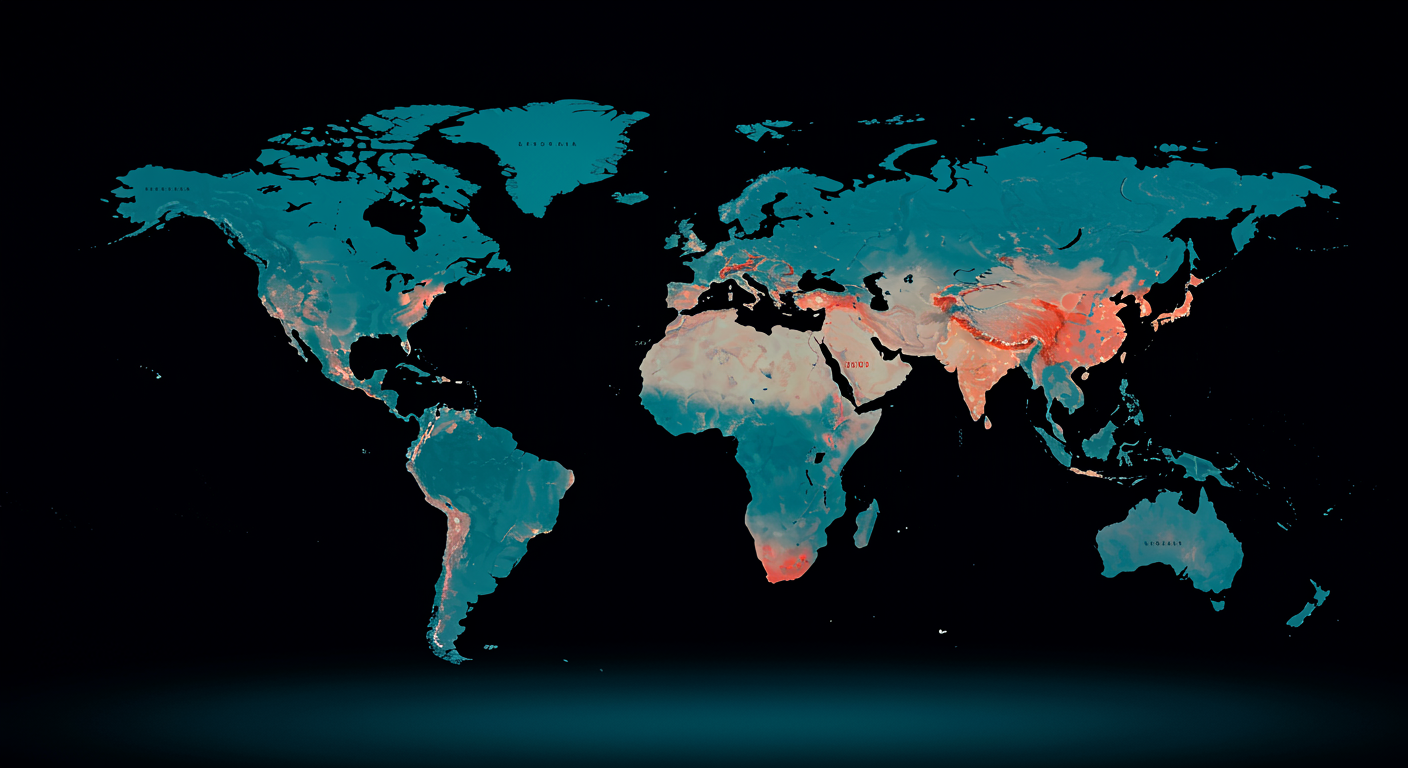Biodiversity: The Overlooked Source of Human Health and Medicine
How does biodiversity loss directly threaten human health?
Biodiversity loss threatens human health through multiple critical pathways: reducing access to life-saving medicines, increasing zoonotic disease outbreaks, and weakening our immune systems. Research shows that 70% of cancer drugs derive from natural sources, while habitat destruction drives 72% of emerging infectious diseases that jump from animals to humans.
The connection runs deeper than most people realize. Our microbiomes - the trillions of beneficial bacteria that keep us healthy - depend on environmental biodiversity for their own diversity. When we destroy natural habitats, we’re not just harming wildlife; we’re undermining the biological foundations of human health itself.












